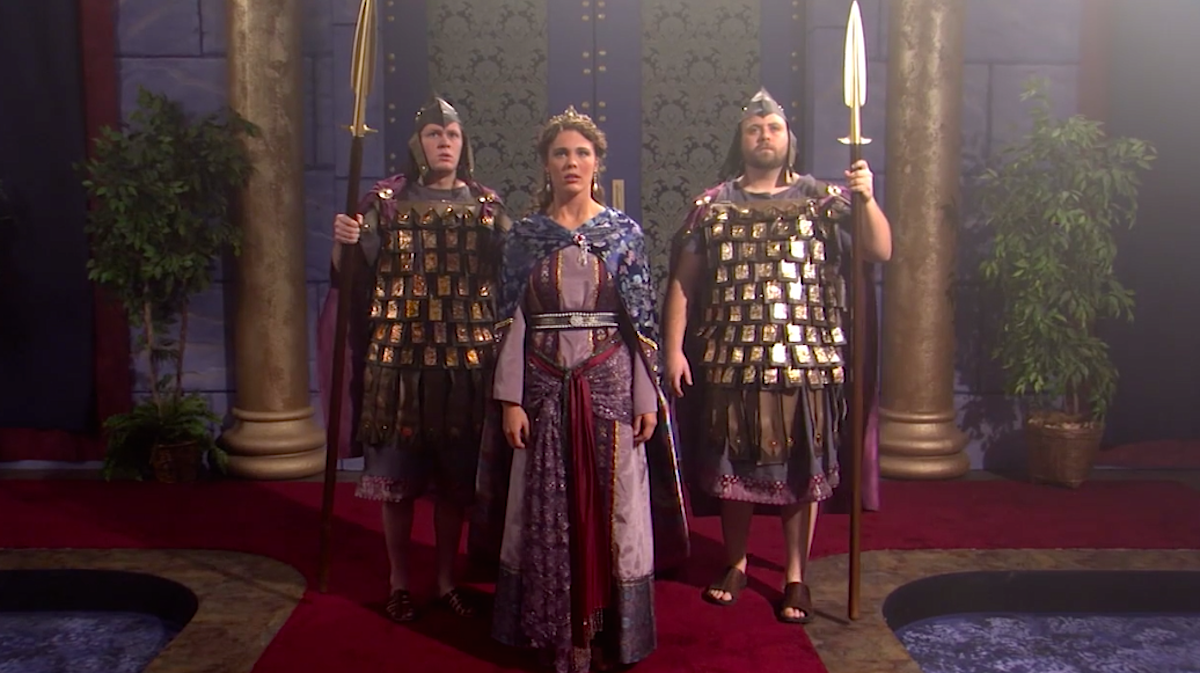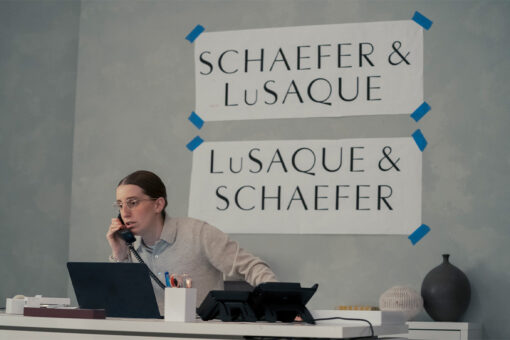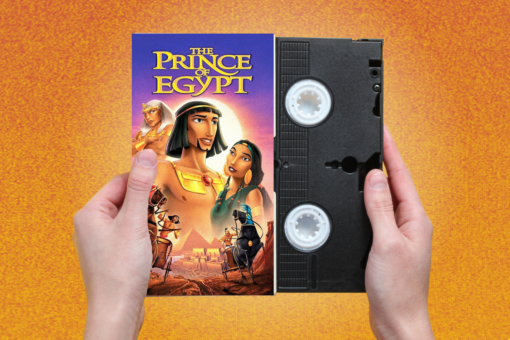With Hulu, Netflix, and the likes pumping out new content every month, it’s difficult to discover something that hasn’t been overplayed and turned into a meme (*cough* Birdbox *cough*). Miraculously, the other day while perusing Amazon Prime Video — on my mom’s account, of course — at 1 a.m. on a Wednesday night, I struck gold. Or at least I thought I did.
Remember the musical Joseph and the Amazing Technicolor Dreamcoat? (If you haven’t seen this iconic musical/movie, I implore you to stop reading this article and watch it right now.) Well, keeping that masterpiece in mind, Esther and the King is kind of like that except much, much worse — or better, depending on your twisted taste.
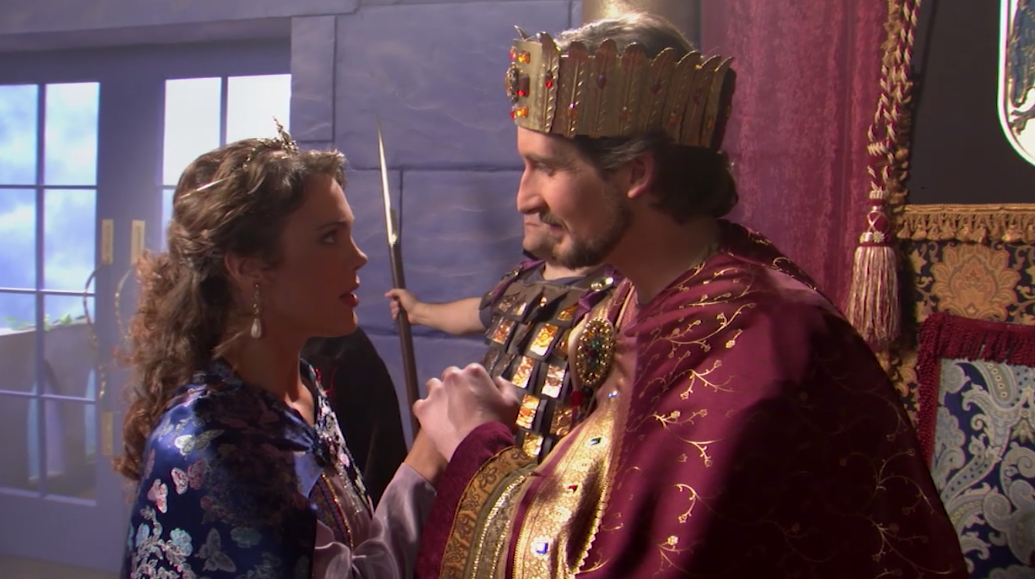
Produced by Lightstone Studios, which I later learned is a Mormon production company based out of Utah, the film is part of their “Liken the Scriptures” series, which is comprised of musicals based on stories from the Old Testament, New Testament, and the Book of Mormon (decidedly not the South Park version). Esther and the King (2006) — not to be confused with 1960’s Esther and the King — is an hour-long story about a Jewish woman who saves the Chosen People from annihilation. In sum, it’s the story of Purim.
With the exception of excluding Haman’s 10 sons and what went down with Queen Vashti and her brute of a husband King Ahasuerus, the movie does a pretty good job of telling the story of the Book of Esther. Yes, most of the songs sound like Disney rip-offs and the lyrics are meh, but there are a handful of moments and takeaways that make Esther and the King slightly less painful: namely, King Ahasuerus — pronounced “Ha-soo-er-us” — is sexy as all hell. There’s also a store in the city of Shushan called “Shushan Shoeshine,” and that’s just adorable.

But the main reason I called you all here today is to talk about the extremely weird plot line that precedes the biblical reenactment part of the movie. Esther and the King begins with a mother brushing her young daughter Amelia’s hair. The pre-teen tells her mom that she wants to invite George, their housekeeper, to church with them because it is the anniversary of his wife’s death (what child remembers the date her housekeeper’s wife died, you ask? I have no good answer for you). When her mom prods her to ask him, Amelia admits she’s been so scared to do so that she’s even prayed about it.
“Praying is one of the most important things you can do,” her mom says. But when there’s something she really needs “the Lord’s help with, something that needs a ton of faith, I fast.”
“It’s so hard for me!” Amelia says.
“I know, it’s not easy for me either, but there’s something about not going with food or drink in the spirit of fasting that can really bring forth blessings from heaven,” her mom replies. To illustrate that fasting actually works, Amelia’s mom tells the story of how Esther’s three-day fast helped to save the Jewish people.
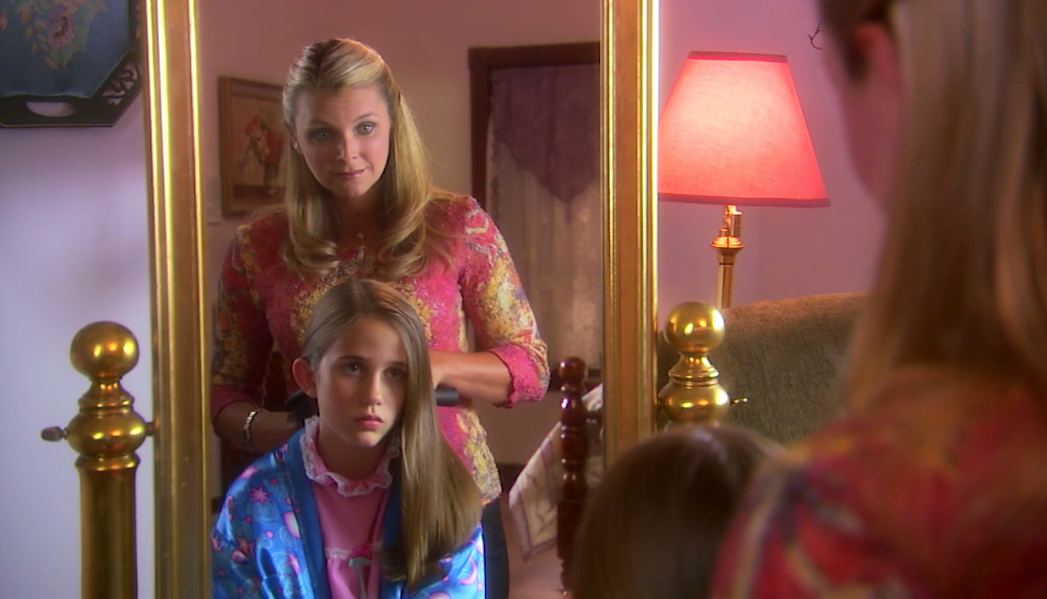
To recap, Amelia’s mom tells her daughter, who can’t be older than 11, that in order to build up the courage to ask someone a question, she should fast for three days. Apparently, as long as it’s under the guise of the Lord, promoting disordered eating in a children’s movie is totally kosher. Fasting as a means for granting people’s wishes is promoted again in the movie when Esther sings a song, reminiscent of The Little Mermaid’s “Part of Your World,” about doing anything for God to save her people. “What would I do to prove that with God I’m not afraid; am I willing to simply fast and pray? Would I give my food and water for a day? To ask God that his people might live?”
When I say that my eyes rolled to the back of my head, I am being dramatic. But, UGH! Why is this weird movie sending a message to children that fasting is no big thang? While there are some Jews who do fast the day before Purim to commemorate Esther’s fast, it is only done from daybreak to sunset, and Judaism makes it clear that children under the age of 13 are never required to fast (yes, even on Yom Kippur). Does Amelia’s fear of asking a simple question — which the movie summary describes as “a big challenge in her life” — really warrant extensive fasting?
Appalled after viewing, I wanted to see what others thought of Esther and the King so I checked out the reviews on Amazon. “Our children love the music, the story and the message! We have watched Esther and the King about 10 times since my friend gave it to us. Wonderful, uplifting story with a beautiful message.” Ah, yes, encouraging your children not to eat is a beautiful message.
This next review made me laugh my tuchus off: “This is not the Esther and the King that I remember from the Bible version, I want the one from the Bible version if you don’t have then forget it, too much singing.” Yes, this is someone complaining that a musical had too much singing.
But this last review is probably the only one we need: “Lightstone Studios is Mormon. Be Warned.”
Eating disorder promotion aside, Esther and the King is a quick, silly movie that I will never watch again because I have eight more “Liken the Scripture” biblical musical movies to pummel through. Stay tuned!
